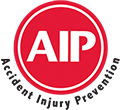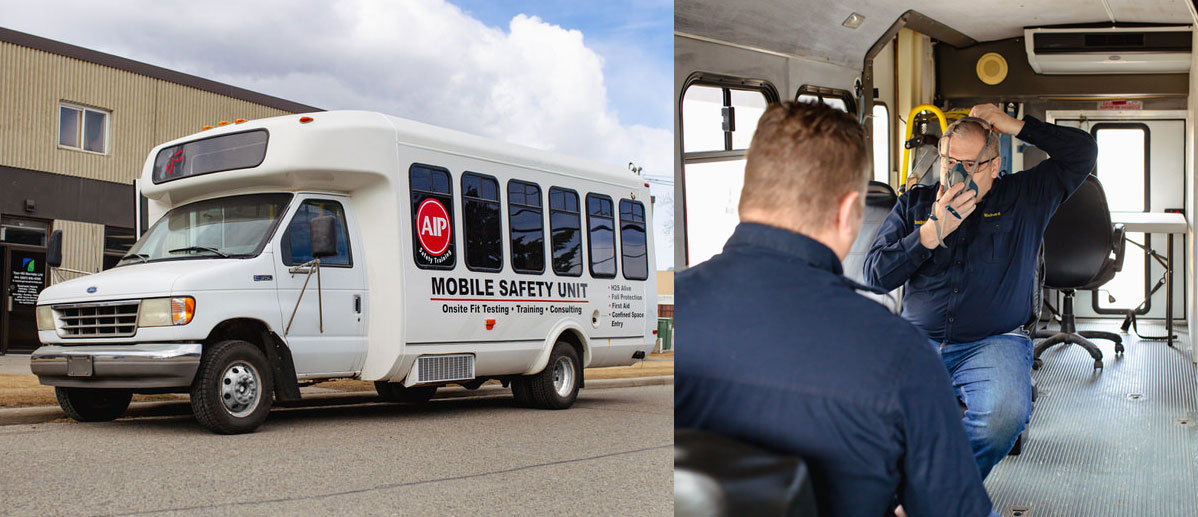Mobile Respiratory Fit Testing
Respirator Fit Testing is a vital component of an effective Respiratory Protection Program.
Training is the first step in helping your workforce become better informed and equipped to ensure accurate and efficient testing protocols and procedures. This course is designed to enhance understanding of fit testing through theory and practice. It will provide a comprehensive overview of the process and technology for respirator fit testing by the requirements in the newly revised edition of CSA’s Z94.4 Standard—Selection, Use & Care of Respirators.
It is the employer’s responsibility to determine the presence of any potential hazards within the work environment. If harmful airborne chemicals/particles and infectious agents are present, an employer must have a Respiratory Protection Program.
The Importance of Mobile Respirator Fit Testing
The objective of fit testing is to ensure an adequate seal when using a tight-fitting face piece (respirator). Any person required to wear a tight-fitting facepiece during regular duties or emergency response activities should be fit-tested to ensure an effective seal.
Types of Fit Tests Available
We provide qualitative and quantitative fit tests, and all protocols are strictly followed.
Qualitative Fit Testing (QLFT)
This method applies to half-face masks and assesses the adequacy of a mask’s seal by determining whether the wearer cannot taste a test agent.
Quantitative Fit Testing (QNFT)
Essential for full-face masks, this method measures the mask’s seal effectiveness by quantifying leakage into the mask. This style of testing can also be used on half-face masks.
What’s Covered During the Testing?
We cover the following topics during our mobile respirator fit testing in Calgary:
- Proper donning and doffing of the respirator
- Performing seal checks
- Caring for, using, and maintaining the respirator (both half-face and full-face).
All participants who complete the fit test are provided with a wallet card indicating the following: Mask: Model, Make, and Size, Type of Fit Testing, Conducted by, and Expiry Date. This card is valid for two years.
Masks
Students should bring their own masks if they already have one. We offer Scott, MSA, North, 3M, and other masks for fit testing purposes on and off-site. Alternatively, students may bring another product for their fit test. Each test takes approximately 15 minutes. Students must be clean-shaven to perform the fit test to get a proper seal with the mask.
Course Recognition
The standards in this program meet or exceed all requirements of CSA Z94.04-02 use, care, and selection of respirators and Part 18 of Alberta’s Occupational Health and Safety (OHS) legislation for respiratory protective equipment.
Course Costs
The AIP Respirator Fit Test course costs $60.00 plus GST per student for the first mask and $20.00 plus GST for further tests per student. A minimum of 10 students is required.
This price includes all student materials and equipment, a student certificate, instructional materials, and administration costs. Extra fees for program delivery at a client’s facility may include travel fees (mileage, parking, lodging, and travel time) and a $100.00 off-site fee.

